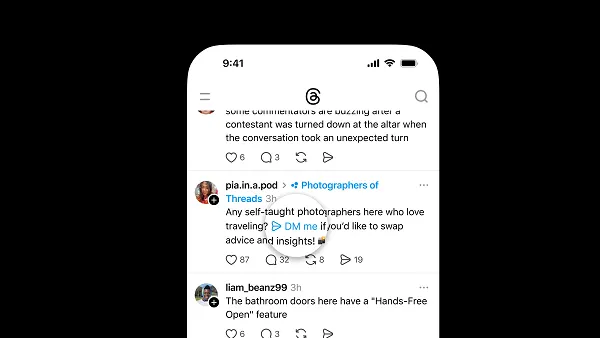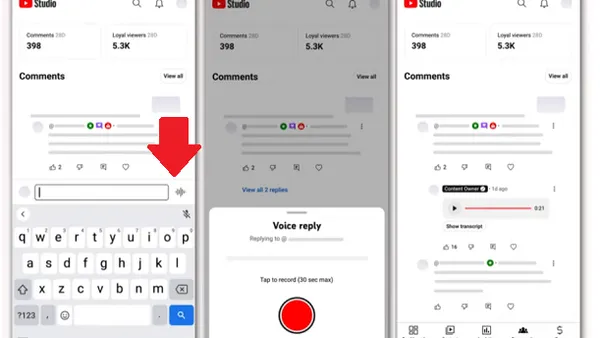Decentralized social app Bluesky has opted to shut down access in Mississippi, as a result of the state’s recently updated user age requirements, which Bluesky says will be impossible for it to abide by given its staffing and capacity.
Under Mississippi’s newly enacted “Walker Montgomery Protecting Children Online Act,” which was upheld by the Supreme Court earlier this month, all social platforms operating in the state will be required to verify the age of all users and obtain parental consent before allowing minors to open accounts.
Opponents of the law say that this will restrict free expression for people of all ages, while Bluesky says that it simply doesn’t have the capacity to enforce such measures.
As per Bluesky:
“Mississippi's approach would fundamentally change how users access Bluesky. The Supreme Court’s recent decision leaves us facing a hard reality: comply with Mississippi’s age assurance law - and make every Mississippi Bluesky user hand over sensitive personal information and undergo age checks to access the site - or risk massive fines.”
Bluesky says that unlike the bigger players in the space, it has a comparatively small team, which is focused on building decentralized social technology that puts users in control.
“Age verification systems require substantial infrastructure and developer time investments, complex privacy protections, and ongoing compliance monitoring - costs that can easily overwhelm smaller providers. This dynamic entrenches existing big tech platforms while stifling the innovation and competition that benefits users.”
As a result, Bluesky says that it has no choice but to cut off users in the state, in order to avoid potential penalties.
Which is interesting to consider given the broader context of age verification laws, which are being discussed in many other regions as well.
In the U.K., for example, the recently enacted “Online Safety Act” requires that social media platforms implement more measures to prevent children from accessing harmful and age-inappropriate content. Interestingly, Bluesky says that it is able to abide by these regulations because of their specificity.
“Bluesky follows the UK's Online Safety Act, where age checks are required only for specific content and features.”
That’s in variance to the Mississippi law, which requires platforms to implement age verification for all users before they can access services like Bluesky.
“That means, under the law, we would need to verify every user’s age and obtain parental consent for anyone under 18. Building the required verification systems, parental consent workflows, and compliance infrastructure would require significant resources that our small team is currently unable to spare as we invest in developing safety tools and features for our global community, particularly given the law's broad scope and privacy implications.”
So, essentially, the counterargument here is that Mississippi’s laws are too broad, and will impact far more than the intended focus as a result, which Bluesky is not able to cater to.
And it probably has a fair point. Restricting access is always going to be difficult, and if such limitations are enacted at scale, that’s a huge workload for Bluesky’s team.
But then again, can Bluesky actually assure that users will be restricted from inappropriate content at scale within a decentralized network, where controls and parameters are not necessarily governed via a hierarchical structure?
It’s an interesting question for decentralized platforms more broadly, though Bluesky is arguing that it can implement solid foundational structures to limit access to certain content.
It’ll be interesting to see if Mississippi regulators revisit their requirements on this front, and what this case may mean for similar age restrictions being pushed more broadly, in regards to user privacy and the capacity to implement such checks.
But right now, if you’re in Mississippi, no Bluesky for you.










